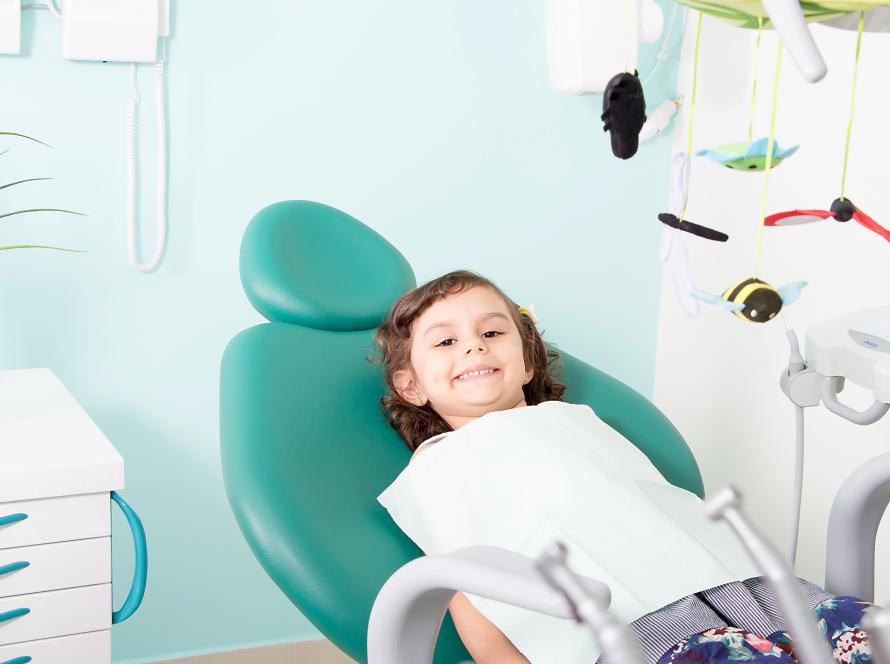Ensuring proper oral care for children is essential for their overall health and development. One significant aspect of kids’ dental health is managing the transition from bottle feeding to other forms of nutrition. This article delves into the importance of weaning children off bottles, highlighting expert insights and advice from Toronto Kids Dental. (Source: Raising Children, Weaning Off The Bottle, https://raisingchildren.net.au/babies/breastfeeding-bottle-feeding-solids/weaning/weaning-off-bottle-feeding#:~:text=It’s%20good%20to%20wean%20children,and%20quality%20time%20can%20help).
The Importance of Weaning Off Bottles
Weaning children off bottles is crucial for their dental health. Prolonged bottle use or bottle feeding can lead to oral health issues and misalignment. According to Raising Children Network, it’s good to wean children off bottles by 12 months of age to prevent tooth decay and encourage the development of healthy eating habits.
“Transitioning from bottles to cups at around one year helps in reducing the risk of dental problems associated with prolonged bottle use. It’s a critical step in promoting healthier oral habits for toddlers,” says Toronto Kids Dental.
Risks of Prolonged Bottle Use
Extended use of bottles, especially at bedtime, can have detrimental effects on a child’s dental health. Bottles filled with sugary liquids can cause prolonged exposure to sugars, leading to cavities. Additionally, the constant sucking motion can affect the alignment of their teeth.
“Continued use of bottles beyond the recommended age can significantly increase the risk of early childhood caries. It’s essential to be mindful of what children consume in their bottles and to encourage drinking from cups as early as possible,” emphasizes Toronto Kids Dental.
Strategies for Weaning Off Bottles
Successfully weaning a child off bottles involves gradual and consistent approaches. Start by introducing a cup during meal times and gradually replace bottle feedings with cup feedings. Offering encouragement and maintaining a routine can make this transition smoother for both the child and the parents.
“Introducing a variety of cups and making the process fun can help in easing the transition. Parents should remain patient and consistent, as this change is significant for the child,” advises Toronto Kids Dental.
Alternatives to Bottles: Encouraging Healthy Habits
Providing alternatives to bottles, such as sippy cups or straw cups, can encourage children to adapt to new drinking methods. Additionally, ensuring that these alternatives are filled with water or milk rather than sugary drinks can further protect their dental health.
“It’s crucial to offer healthy beverages in cups and to avoid sugary drinks, which can lead to tooth decay. Encouraging children to drink water between meals can also help in maintaining good oral hygiene,” suggests Toronto Kids Dental.
The Role of Pediatric Dentists
Regular visits to a children’s dentist are vital during the weaning process. Pediatric dentists can provide personalized advice and monitor the child’s dental development, ensuring that any potential issues are addressed early.
“Pediatric dentists play a pivotal role in guiding parents through the weaning process. They can offer tailored advice and preventive care, ensuring that children maintain optimal oral health during this critical period,” states Toronto Kids Dental.
Weaning children off bottles is a crucial step in safeguarding their dental health. By following expert advice and maintaining regular dental check-ups, parents can help their children develop healthy oral habits. Toronto Kids Dental remains a valuable resource for parents seeking guidance on their child’s oral care journey.
“Proactively weaning children off bottles and promoting healthy oral habits can establish a foundation for a lifetime of excellent dental health. Parents are encouraged to seek professional guidance without hesitation,” concludes Toronto Kids Dental.


